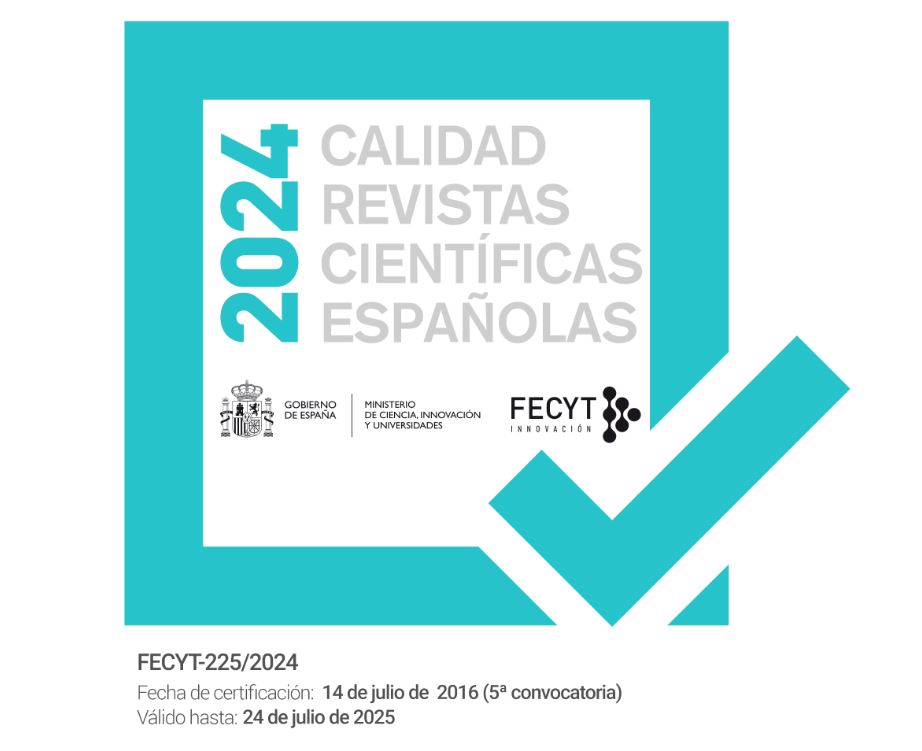History and identity: the social languages of romantic feminism in Spain (1844-1846)
DOI:
https://doi.org/10.30827/arenal.v18i1.1441Keywords:
Feminism, Identity, Women, Romanticism, Social, LiberalismAbstract
This essay proposes a reflection on the relationship between feminist history and gender identities formation; a reflection which is indissolubly linked to debates around the contributions of the new cultural history of the last thirty years. To do so it focuses on the years between 1844 and 1846, when the work of the most renown romantic women writers, led by Gertrudis Gómez de Avellaneda and Carolina Coronado, was channelled from the press associated with intellectual and political groups of the wide democratic spectrum. With it, also the voices of a feminism in the making conceived for the ladies of the upper classes were projected. The cacophonic elaboration of a Liberal, romantic and respectable discourse was a powerful moment for the construction of some of the most lasting imaginaries of Spanish feminism.
Downloads
Downloads
Published
How to Cite
Issue
Section
License
Los/as autores/as que publican en esta revista están de acuerdo con los siguientes términos:
Los autores/as conservarán sus derechos de autor y garantizarán a la revista el derecho de primera publicación de su obra, el cuál estará simultáneamente sujeto a la Licencia de reconocimiento de Creative Commons 4.0 BY-NC-ND que permite a terceros compartir la obra siempre que se indique su autor y su primera publicación esta revista.
Los autores/as podrán adoptar otros acuerdos de licencia no exclusiva de distribución de la versión de la obra publicada (p. ej.: depositarla en un archivo telemático institucional o publicarla en un volumen monográfico) siempre que se indique la publicación inicial en esta revista.
Se permite y recomienda a los autores/as difundir su obra a través de Internet (p. ej.: en archivos telemáticos institucionales o en su página web) antes y durante el proceso de envío, lo cual puede producir intercambios interesantes y aumentar las citas de la obra publicada. (Véase El efecto del acceso abierto).














